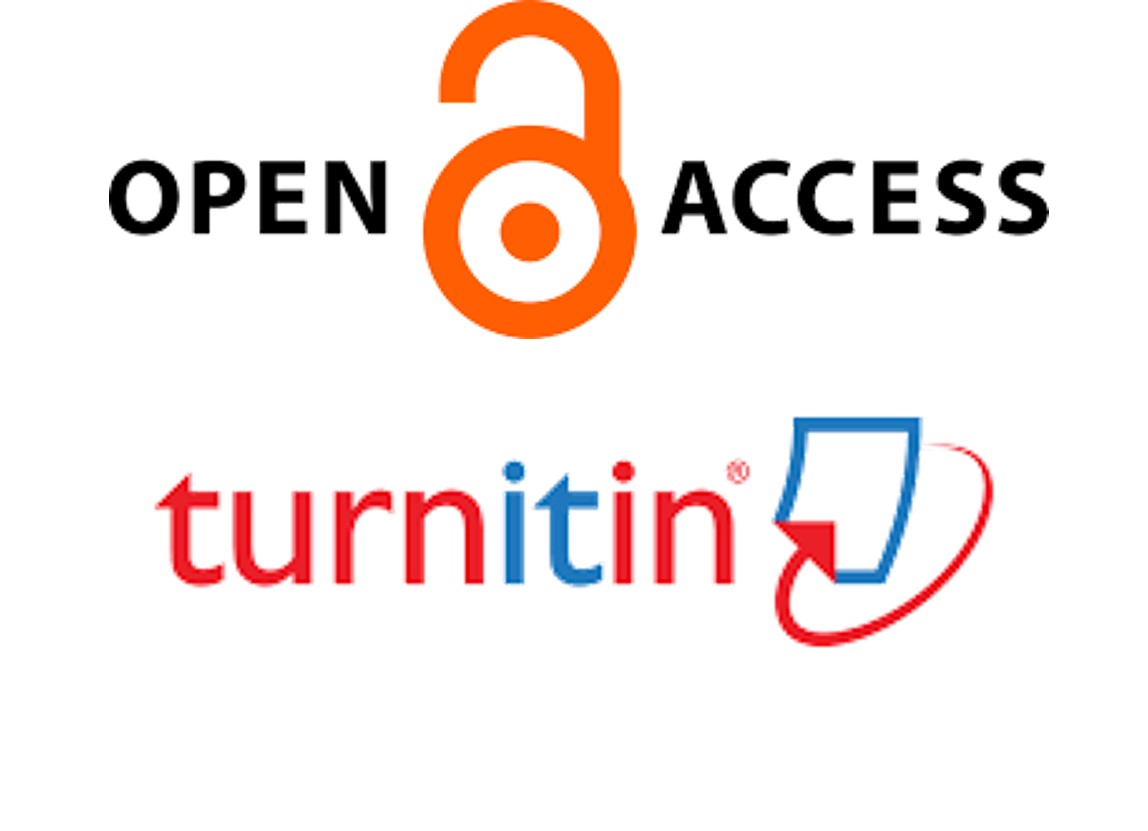Editorial policies
Open Access Policy
The Mesoamerican Journal of Research provides readers with free and immediate access to its content under the principles of the Budapest Open Access Initiative (BOAI). According to BOAI, open access entails the unrestricted online availability of scientific literature, enabling users to read, download, copy, distribute, and use research findings. This fosters the democratization of knowledge, collaboration, and scientific progress worldwide.
Based on the above, the RMI is distributed under a Creative Commons Attribution-NonCommercial-ShareAlike 4.0 International License (CC BY-NC-SA 4.0). This license allows users to share the content while respecting the attribution to the author, without commercial purposes, and using the same license in any adaptations of the work.
Author Fee Waiver Policy
In line with our open access policy, the RMI does not charge authors any fees for any processes, including manuscript submission, editorial processing, style correction, and article publication.
Fair evaluacion Policy
The Mesoamerican Journal of Research adheres to the San Francisco Declaration on Research Assessment (DORA), which sets forth fundamental principles for research evaluation. This declaration emphasizes the importance of assessment based on content and quality, rather than focusing exclusively on quantitative indicators such as high-impact journals, thus promoting a more fair and equitable evaluation.
Anti-Plagiarism Policy
Plagiarism in scientific articles is defined as the act of copying, to a greater or lesser extent, texts from other authors and presenting them as one's own. This action violates copyright and is considered a serious offense, as it involves taking text without properly citing it.
Citing implies indicating the source of the material used in the preparation of the work. Plagiarism is often unintentional, such as when the source is cited, but the specific portion of text being quoted is not identified in the text, or when the reference is omitted. In the Mesoamerican Research Journal (RMI), no level of plagiarism is tolerated, which is why it is strongly recommended to meticulously adhere to citation guidelines
When submitting an article to the Mesoamerican Research Journal, the attached letter of originality must declare that the work is unpublished and original; in other words, it does not involve plagiarism or academic fraud.
During Stage 1 (editorial evaluation) of the evaluation process, all submissions will be checked using the Turnitin software to verify that they do not contain text fragments from sources for which appropriate credit is not given. If any level of plagiarism is detected at this stage, the Mesoamerican Research Journal will act according to the protocol set by the Committee on Publication Ethics (COPE), available at https://publicationethics.org/sites/default/files/concerns-legal-unpublished-data_0.pdf
- The corresponding author will be informed of the evidence of detected plagiarism. If the plagiarism is due to inadequate citing and referencing, the author can address the situation by correcting the text as needed to eliminate the plagiarism, particularly in the introduction and methodology sections. However, in the results, discussion of results, and conclusions, there should be no similarity to texts by third parties, as these sections must be authored exclusively by those responsible for the article.
- If the author fails to rectify the plagiarism situation, the review process will be terminated, and the journal will not accept further articles from that author.
If plagiarism or other ethical violations (such as data falsification or fabrication) are detected during the external review process, the RMI will adhere to the COPE protocol available at https://publicationethics.org/sites/default/files/concerns-legal-unpublished-data.pdf
Given that plagiarism does not have a statute of limitations, if a reader identifies plagiarism or other ethical violations after publication, the RMI will follow the same protocol mentioned above for external review. Under such circumstances, the authors assume full responsibility to third parties and acknowledge that their work may be subject to retraction or removal procedures, as applicable.
- Retraction: In the event of errors in the submitted work or its published version in the RMI, once a retraction notice is issued, online access to the work will be provided after reading the notice. A watermark with the legend "retracted" will be added to each page of the PDF, and the HTML version will be removed.
- Removal: If the published work becomes subject to legal disputes or poses a serious risk to health or society, it will be removed from the platform in all its formats. Metadata, such as the title and authors, will be retained, and a link will be provided to a text explaining the reason for the removal.
Self-Archiving and Digital Preservation Policy
This journal employs the Public Knowledge Project (PKP) LOCKSS (Lots of Copies Keep Stuff Safe) system, which digitally preserves the content of journals published in Open Journal Systems (OJS). This system ensures the long-term preservation of digital content by utilizing a distributed network of servers to create multiple copies of the content, ensuring its availability even if the original sources become inaccessible. Through LOCKSS, institutions contribute to the collective preservation of online academic and cultural heritage by ensuring the integrity, authenticity, and conservation of content.


